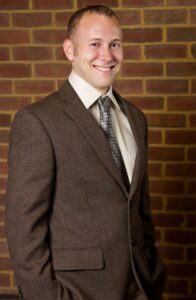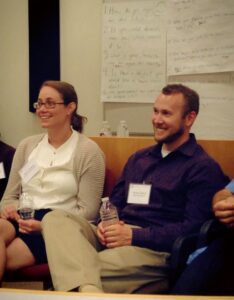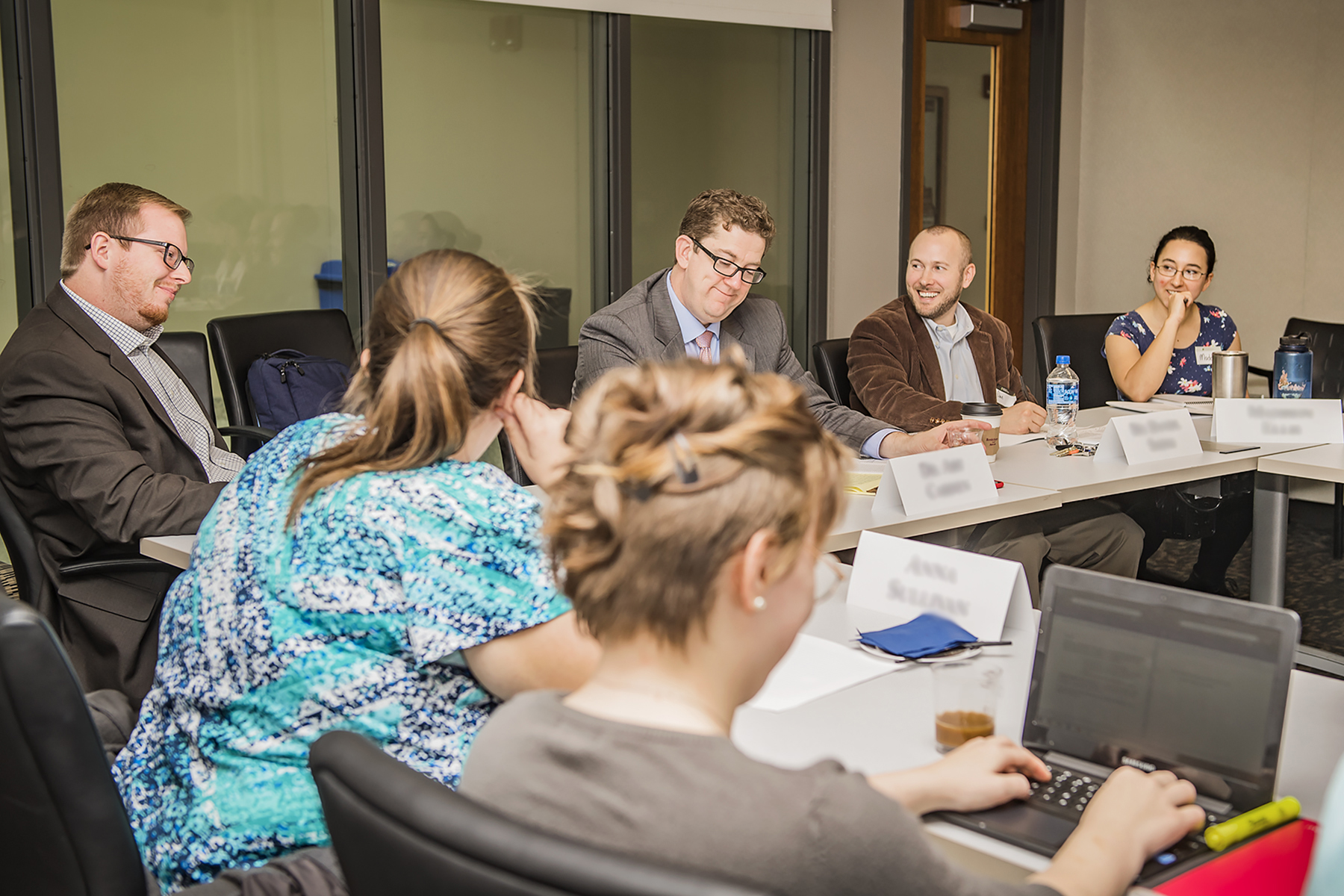
The call came on an ordinary afternoon in central Michigan. Dan Smith’s father had gone back to college and was working through an edited volume his professor had assigned: When We Are Free. “You’ve got to hear this,” his dad said, and read aloud a story by Larry Reed about a band of wild hogs lured by free food and trapped.
The parable clicked. It recast poverty, dependency, and dignity in a frame Dan hadn’t seen before.
It resonated because Dan had grown up in a low-income household. Bills were tight; opportunities felt scarce. He had seen that government checks met physical needs but rarely touched the causes: addiction, hardship, and despair.
What made a difference, Dan said, was civil society. Churches and local charities knew families by name and paired aid with expectations. A local Catholic church even helped fund his tuition so he could attend a non-public school, an intervention he believes set him on a different path. Against that backdrop, a parable about dependency becoming a trap felt less like a theory and more like a map of what he’d already seen.
As it turned out, Larry Reed—the author of the hog story—lived right across the street. Then president of the Mackinac Center for Public Policy, a Michigan think tank dedicated to free-market research and education, Larry often traveled overseas for his work, including time spent assisting the Polish underground in its fight against communism. At home, he needed help keeping up with Michigan’s seasons—mowing in summer, raking in fall, and shoveling through the long winters—so he hired Dan and his brothers. Along the way, Larry began sharing books with them, including The Freeman, Free to Choose, and The Road to Serfdom. Later he helped Dan and his siblings secure internships at the Mackinac Center.

For Dan, freedom was about agency and self-authorship. That sensibility took him to Northwood University as an undergrad and then to George Mason University for a PhD, where he encountered the Institute for Humane Studies.
At IHS seminars, Dan found philosophers, historians, and economists trading critiques late into the night. Those experiences widened his lens and later, as faculty at Troy University and then Middle Tennessee State, he partnered with IHS, which supported him by funding reading groups, booking speakers, and handling logistics so he could focus on students and substance.
In the years since, the work has required real courage. His research on public pensions in Alabama drew fierce opposition from unions and activists, leading to harassment and even a temporary university moratorium on public writing. “It was a clear violation of academic freedom,” he recalled. The experience left him determined to keep speaking and publishing on principle, and eventually to move to Middle Tennessee State University, where the atmosphere proved freer but not frictionless. A handful of faculty still protested his institute; others accused him of being part of a broader “conservative” political agenda.
Then came attacks from the other side. Laying out the Friedman–Hayek–Reagan case against tariffs resulted in hostile responses from the right. Dan had been attacked from the left before; now the right was angry, too. The pattern, he says, only confirmed his fear that partisanship is preventing honest inquiry and civil dialogue on important issues.

If we want students to reason, Dan argues, we have to model reasoning under fire. That’s what he values most about IHS: it protects space for honest inquiry when others close it down. IHS has been a practical and steady partner for faculty, he says, as it helps organize events, funds reading groups, and brings people together who might not otherwise talk.
When asked what keeps him doing this after so many controversies, Dan did not miss a beat. “Because we have to make progress on these vexing issues,” he answered. “It’s hard for an honest scholar, let alone a student, who’s just trying to pursue the truth amidst today’s acerbic partisanship—but that’s exactly why we need institutions like IHS that create space, and training grounds, for these conversations to occur.”
By supporting IHS, you invest in scholars like Daniel at a formative stage in their careers—not only with crucial financial support, but also with inspiration and connections to other like-minded and driven intellectual collaborators that they can’t find anywhere else.
